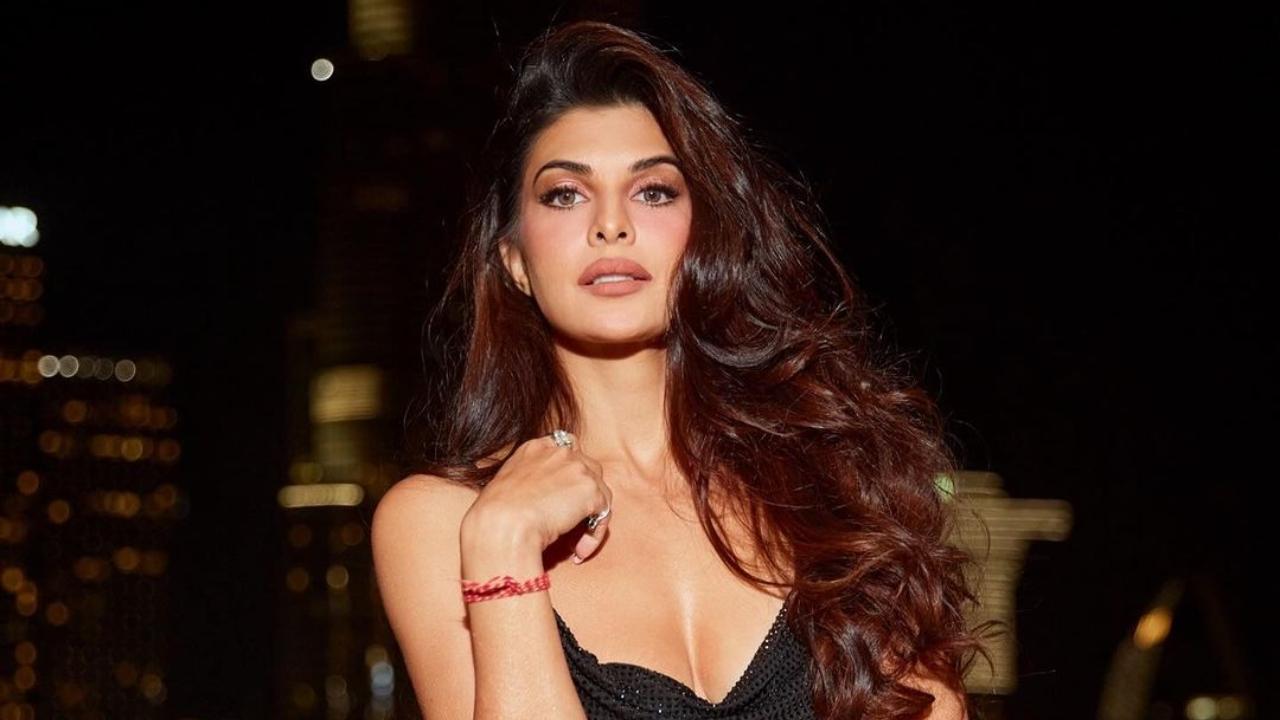
Amidst melodies of sorrow and poignancy, the Indian music fraternity finds itself shrouded in the shadows of loss, as it bids farewell to an iconic figure. Pankaj Udhas—one-third of the legendary ghazal troika, alongside fellow maestros Talat Aziz and Anup Jalota—leaves behind an irreplaceable void both in the art form he cherished and the hearts of those he touched with his ballads.
Their story begins as individuals unified by a mutual passion for music, yet the intricacies of their bond make it challenging to discern if their camaraderie was the fruit of their artistic collaboration or vice versa. Indubitably, their collective ardor for ghazals cemented an alliance amongst them, propelling Pankaj Udhas, Talat Aziz, and Anup Jalota to the zenith of the genre with the inception of their brainchild, Khazana.
This Monday marked a solemn moment for Talat Aziz as he grappled with the passing of Pankaj Udhas. From Lucknow, Aziz’s words, echoing his friend’s ghazal, portrayed a profound sense of loss: “All I can say is, [aaj] ghungroo toot gaye.” Reflecting decades back to the origin of their journey which commenced in synchronization in 1980, he reminisced about Udhas’ early days of singing sharabi numbers. Pankaj Udhas evolved, crafting lyrics of simplicity, resonating with commonfolk, his film song like ‘Chitthi aayi hai’ from ‘Naam’ becoming a cultural touchstone, typically culminating his concert spectacles.
Khazana took shape in the year 2002, the fruit of an informal dialogue amongst the trio. Intended as an annual ghazal festival, it swiftly evolved beyond its foundational purpose, eliciting widespread acclaim and acceptance, blossoming into a revered haven that celebrated its 21st iteration the preceding year. It was not merely an assembly for aficionados but a seedbed for those yearning to carve their niche in the world of ghazals. Through Khazana, young voices found echo and existence, each edition a testament to Pankaj Udhas’ commitment to unearth prodigious talents.
Anup Jalota recalls with reverence the primary objective of their collaborative venture—to acquaint the youth with the artistry of ghazals and to present it in a manner that would stoke their intrigue and enjoyment. The festival represented a persistent endeavor to foster the next generation of musicians. Udhas’ compassionate demeanor left an indelible mark, epitomized by the grace of his playback singing in films and the depth of his musical compositions.
A candid conversation, rekindled in recollection, between Aziz and Udhas at the Breach Candy Hospital illuminated the fragility of life. Udhas had mentioned a ‘viral bug’, but a drastic loss in weight indicated something far more serious. It later unraveled as pancreatic cancer. As Udhas reclined into solitude, his companions understood the gravity of his condition—time was slipping.
Khazana’s future remains assured, upheld by Talat Aziz and Anup Jalota, honoring the vision of their departed companion. Pankaj Udhas’ essence will forever resonate through the festival, in the melodies that will continue to enthrall countless admirers, and in the musical dreams of emerging talents that Khazana will foster.
The legacy of their shared endeavor transcends the ephemeral nature of physical presence, ensuring that while the format may have lost one imminent pillar, the edifice of Khazana stands firm, resolute and resilient, enshrining the spirit of Pankaj Udhas. It serves as a ceaseless ode, a musical compendium showcasing the best of ghazals, undeterred by the passage of its stalwarts, cementing the timeless and transcendental wonder that music alone can herald.










